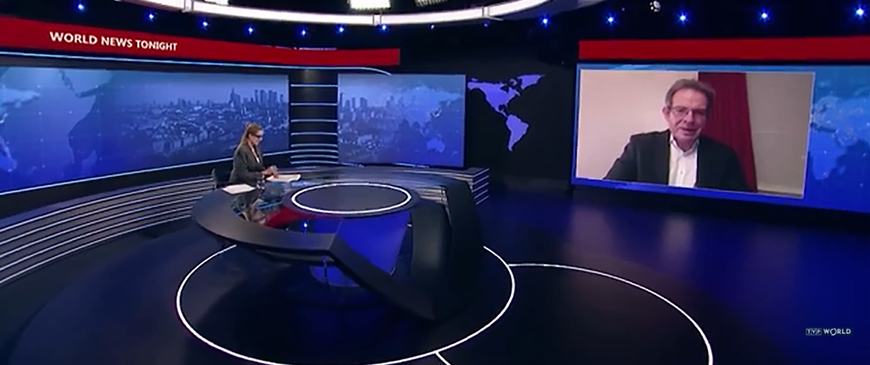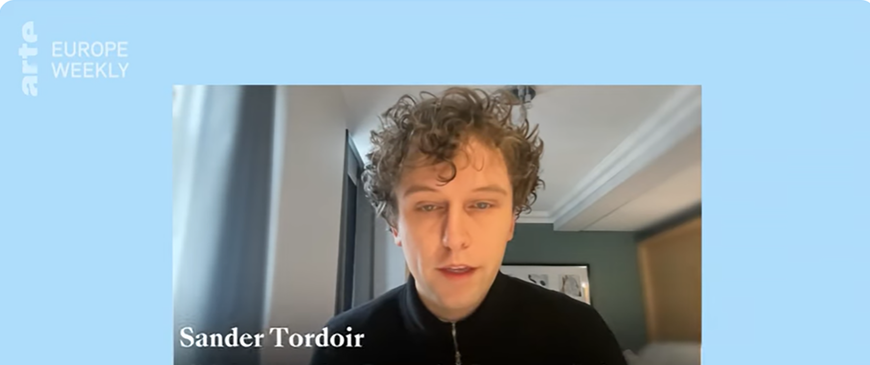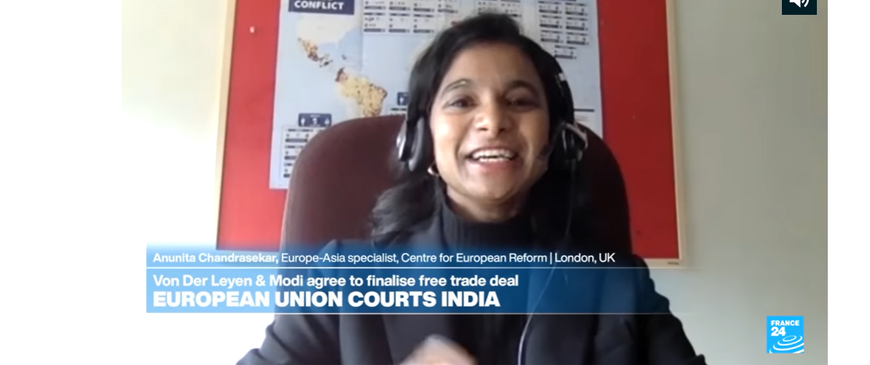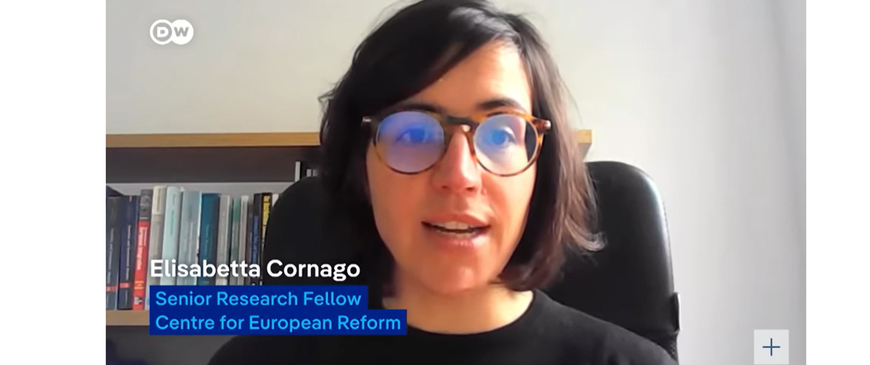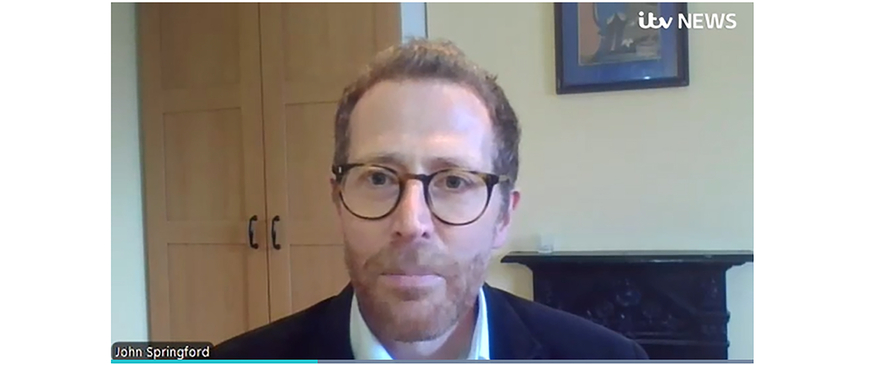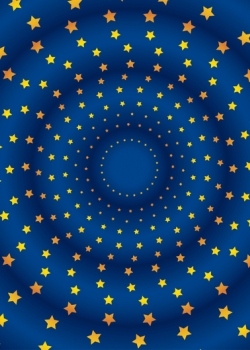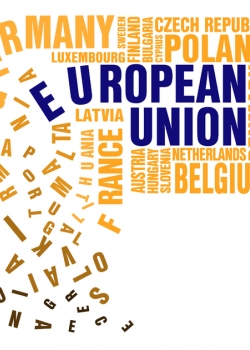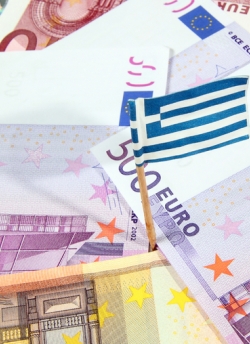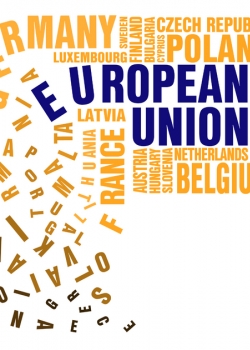Press
NATO's Libyan triumphs conceal deeper malaise
03 October 2011
Financial Times
As Tomas Valasek of the CER puts it: "Many governments would rather have autonomous and useless militaries than integrated and capable ones. They want their own armed forces and their own defence industrial base."
The EU is doing far too much but doing nothing properly
03 October 2011
Conservative Home
A decade ago in a pamphlet for the Centre for European Reform, Nick Clegg argued that the EU had too many powers, that the case for slashing the EU budget was overwhelming and taking powers away from the EU should not be seen as a destructive act. He was right about that, so let's see him work with us to deliver change.
Quick fix? Probably not in case of debt crisis
30 September 2011
International Herald Tribune
"We're not seeing any real acknowledgement of the scale of the banking sector problem," said Simon Tilford, the chief economist at the CER.
Video debate: Euro finance crisis
30 September 2011
BBC Daily politics
Daniel Hannan MEP said the euro crisis was degrading the finances of "perfectly healthy countries" leaving them liable for other people's loans.
Greek bailout seen as possible
28 September 2011
Voice of America
Simon Tilford of the CER said the expanded fund will not be enough to deal with debt problems in bigger economies, like Italy. "I think that, at this juncture, they're certainly far behind the curve . They obviously need to agree to what they signed up to in July."
Europe nears agreement on bailout fund that may be inadequate
27 September 2011
The New York Times
The problem with the German analysis, notes Simon Tilford, chief economist at the CER, is that it is not simply self-righteous, ignoring the bad loans German banks made to the troubled nations, but arguably wrong.
Immigration, financial crisis cast doubt on border free Europe
27 September 2011
Voice of America
The bottom line, says Brussels based immigration expert Hugo Brady of the Centre for European Reform, is a lack of trust. "The politics of the Schengen area is that everyone wants more control over other people's borders while maintaining the same amount
Europe doesn’t lack funds, just political will
26 September 2011
Financial Times
The following article was written in response to 'Only the IMF can solve eurozone crisis' by Ragharam Rajan, published in the Financial Times, 26 September 2011.
Het einde van de euro
25 September 2011
NRC Weekend
De beleidsmakers van de eurozone, en vooral de Duitsers en de Nederlanders, zijn niet in staat gebleken uit te stijgen boven hun overmoed en morele betweterij, zodat de eurozone maar heel weinig munitie heeft om de komende financiële storm te trotseren.
Analysis: Time running out on Athens' troika two-step
23 September 2011
CNBC
"They have to put the best possible gloss on the situation because things are not looking good," Hugo Brady of the Centre for European Reform said of the troika's dilemma.
Debate: A new global recession?
22 September 2011
Financial Times
Is the world heading back into recession? The world's top policymakers will talk of little else when they gather in Washington for the annual IMF meetings.
Video debate: A new global recession?
22 September 2011
Financial Times
Is the world heading back into recession? The world's top policymakers will talk of little else when they gather in Washington for the annual IMF meetings. Analysis editor Frederick Studemann debates these issues with Simon Tilford, chief economist at the CER, John Authers and Ralph Atkins.
European banks' exposure to Greek debt erodes market confidence
20 September 2011
Voice of America
"They don't know which banks are sitting on which debt, so they are becoming increasingly loathe to loan to European banks," said Simon Tilford, chief economist at the London-based Centre for European Reform.
It's make up or break up time for the eurozone
20 September 2011
Time
But these assertions sit uneasily with the events of the past two years, according to Simon Tilford, chief economist at the London-based think-tank the Centre for European Reform, who warns that a fracturing of the eurozone is almost inevitable
Nuclear bans build case for EU energy co-operation
19 September 2011
Reuters
"The Germans quickly and unilaterally decided. They did not consult with their European neighbours and now after the event we're scrambling to cope with the consequences," said Katinka Barysch, deputy director of the Centre for European Reform in London.
Who to blame for crisis of leadership
18 September 2011
Irish Independent
"Merkel, together with the German economic establishment, is responsible for the European debt crisis deepening to the point where the euro could fall apart," said Simon Tilford, chief economist with the London-based think-tank, the Centre for European Reform.
Acropalypse now for the euro
18 September 2011
The Sunday Times
Simon Tilford, chief economist at the London-based Centre for European Reform, argues that Britain could escape relatively lightly if it is only Greece and Portugal which leave the single currency. Their economies are small enough for the disruption to be manageable.
EU finance ministers delay aid decision
16 September 2011
Voice of America
Beyond quick action, Simon Tilford, chief economist for the London-based Centre for European Reform, says European governments need to fundamentally change the way they handle the crisis. "Despite mounting evidence that the current strategy is not working, instead of reassessing the strategy, eurozone policy-makers are essentially digging their feet in and just persisting with a strategy that isn't working. And that is very worrisome," Tilford said.
European debt crisis: leaders ponder fiscal union
15 September 2011
The Guardian
"This may not be politically feasible," says Charles Grant, director of the Centre for European Reform think-tank. "A fiscal union and eurobonds could help, but it will mean the southern countries giving up economic sovereignty. Berlin could destroy the euro if it goes on like this. "Its over-zealous discipline and austerity medicine is not going to work. Besides all this economic government stuff is irrelevant to the euro crisis. It's now a crisis of growth, of banking, with liquidity drying up.

